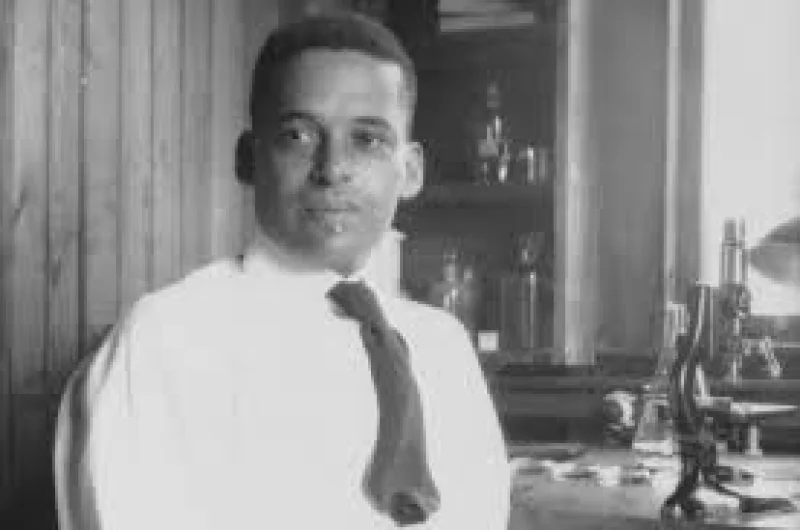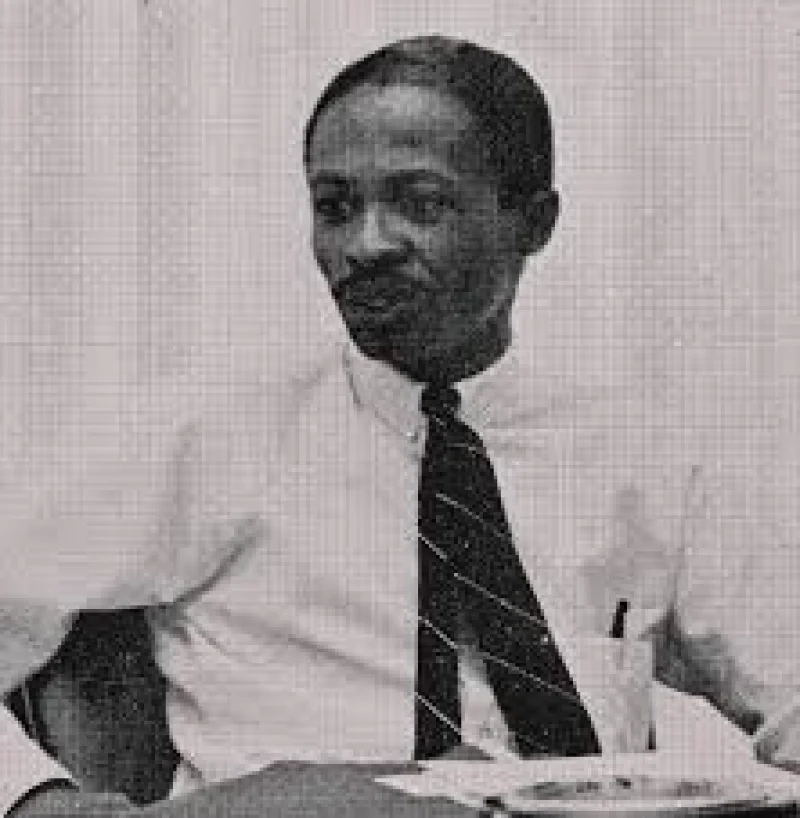Short Summary
Barry Marshall is an Australian physician and researcher best known for his groundbreaking discovery that peptic ulcers are primarily caused by the bacterium Helicobacter pylori. This discovery challenged the prevailing belief that ulcers were caused by stress and lifestyle factors, leading to a significant shift in medical treatment. Marshall's work earned him and his colleague, Robin Warren, the Nobel Prize in Physiology or Medicine in 2005, significantly impacting gastroenterology and the understanding of bacterial infections.
Early Life & Education
Barry James Marshall was born on September 30, 1951, in Kalgoorlie, Western Australia. Raised in a large family, he showed an early interest in science and medicine. Marshall attended the University of Western Australia, where he completed his medical degree in 1974. His passion for understanding human biology and disease was influenced by his medical training and the scientific environment he was exposed to during his formative years. His early career was marked by a curiosity-driven approach, which eventually led him to explore the unknown causes of peptic ulcers.
Career Highlights
Marshall's career is defined by his pioneering research into the causes of peptic ulcers. In the early 1980s, while working at the Royal Perth Hospital, he began collaborating with pathologist Robin Warren. Together, they discovered that the bacterium Helicobacter pylori was present in patients with chronic gastritis and peptic ulcers. Despite initial skepticism from the medical community, their persistence led to a paradigm shift in understanding ulcer disease. In 1984, Marshall famously ingested the bacterium to prove its role in gastritis, garnering significant attention and eventually changing medical practices worldwide.
Major Achievements
- Nobel Prize in Physiology or Medicine (2005): Awarded for the discovery of Helicobacter pylori and its role in gastritis and peptic ulcer disease.
- Ingestion Experiment (1984): Self-experimented by ingesting Helicobacter pylori to prove its role in causing gastritis.
- Fellow of the Royal Society (1999): Recognized for his contributions to medical science.
Famous Quotes
- "Everyone was against me, but I knew I was right."
- "Scientific revolutions happen when someone makes a discovery that does not fit the prevailing paradigm."
Interesting Facts
- Marshall's initial paper on Helicobacter pylori was rejected for being too radical.
- He received the Lasker Award in 1995, a precursor to his Nobel Prize.
- Marshall's willingness to self-experiment demonstrates his commitment to his research.
Legacy / Influence
Barry Marshall's work fundamentally changed the understanding and treatment of peptic ulcer disease, leading to the development of antibiotic therapies that have significantly reduced the prevalence of ulcers worldwide. His discovery highlighted the importance of challenging established medical doctrines and has inspired a new generation of researchers to explore the bacterial causes of chronic diseases, thereby transforming the field of gastroenterology.
FAQ
Q: Why is Barry Marshall famous?
A: He is famous for discovering that Helicobacter pylori bacteria cause peptic ulcers, revolutionizing their treatment.
Q: What award did Barry Marshall receive for his discovery?
A: He was awarded the Nobel Prize in Physiology or Medicine in 2005.
Q: How did Barry Marshall prove his theory about ulcers?
A: He ingested Helicobacter pylori to demonstrate its role in causing gastritis and ulcers.













